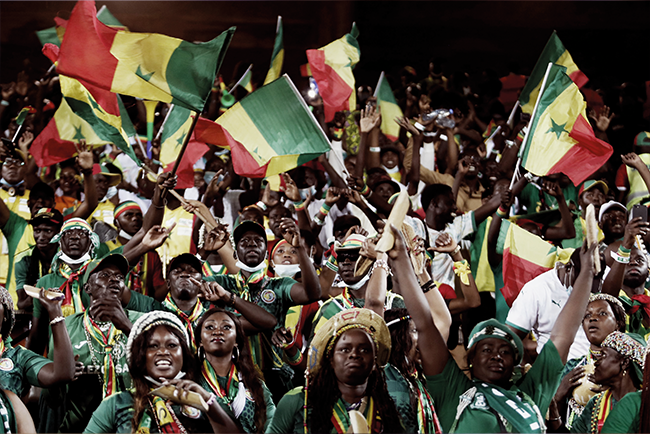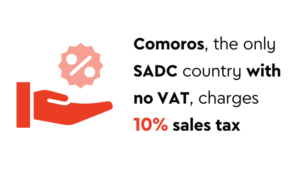Not too long ago, it was known as ‘fandom’. In modern times, the practice of sports lovers travelling to a destination to watch their favourite athletes or teams compete live, or even just to be able to experience that ‘I was there’ moment has come to be referred to as sports tourism.
With international travel being much more accessible than ever before – until the COVID-induced hiatus that started in early 2020 – sports tourism also includes people travelling to destinations to participate in sport themselves. Golfers, for example.
The international sports-tourism market is expected to grow – the end of the COVID-19 pandemic permitting – by US$890 billion over the next five years, according to the UK-based market research company Technavio.
In 2019, the tourism industry accounted for about 7% of Africa’s GDP and contributed US$169 billion to its economy. Yet, if the continent is to reach its full tourism potential, connectivity between different countries is an issue that needs to be resolved.
Travelling around the continent can be cumbersome, complicated and expensive, in part because of the restrictive policies of many nations designed to protect their state-owned carriers.
Still, the opportunity for growth in the air-travel sector in Africa is massive. A report commissioned by the WEF in 2019 found that while Africans constitute 12% of the world’s population, the continent accounts for just 2.5% of global passengers. However, the International Air Transport Association projects that Africa will become one of the fastest-growing aviation regions in the next 20 years, with annual expansion of nearly 5%.
Major sporting events have become powerful attractions in themselves, making a very positive contribution to the tourism image of the host destination.
The World Financial Review lists direct spending by sports tourists at facilities, hotels, restaurants and entertainment venues as major boosts for the local economy.
Just as important is the massive marketing opportunity that hosting major sporting events provides for the areas in which events are held. Accompanied, as it always is, by worldwide international media coverage, the visual images and positive experiences of tourists have the potential to attract future visitors. At the same time, it provides the launchpad for host countries and cities to improve services and infrastructure.
The most notable example is how much the South African economy benefited from hosting major international events, such as the Africa Cup of Nations football tournaments in 1996 and 2013, the rugby and football world cups in 1995 and 2010 respectively, and the Cricket World Cup in 2003, as well as a host of other regular events on the international sporting calendar.
Several commentators have noted how developing countries have identified sports tourism as a shortcut to the global recognition that most developed countries already have. Successfully hosting a sports-tourism event can also lead to enhanced city visibility – and to an improved city image.
Developing countries, especially those in Africa, have been helped by an increasing desire of international sports bodies to expand their frontiers. They are especially keen for developing nations to host major events. It is this expansionary paradigm that has, for example, seen the Moroccan city of Rabat added to the roster of prestigious annual Diamond League athletics events.
World Athletics president Sebastian Coe’s long-cherished aim of having an African country stage the World Athletics Championships is set to be realised in July this year, when the hosts for the 2025 event will be announced. Nairobi’s Kasarani stadium is favoured to beat off the challenge of Tokyo.
With Côte d’Ivoire (2023) and Guinea (2025) due to host the next two editions of the continent’s most popular sporting event – the Africa Cup of Nations – those countries are already in the process of upgrading their infrastructure to the required international standards. Afcon, as the tournament is popularly known, has over the past decade massively increased its international profile. This is in no small measure due to the number of African footballers becoming household names at clubs across Europe, providing the hosts with a great opportunity to market themselves to an international audience.
The market is there – it’s now up to African governments to put the right policies in place not only to entice the fans for a single event, but also to make it easier for them to come back for more.
















